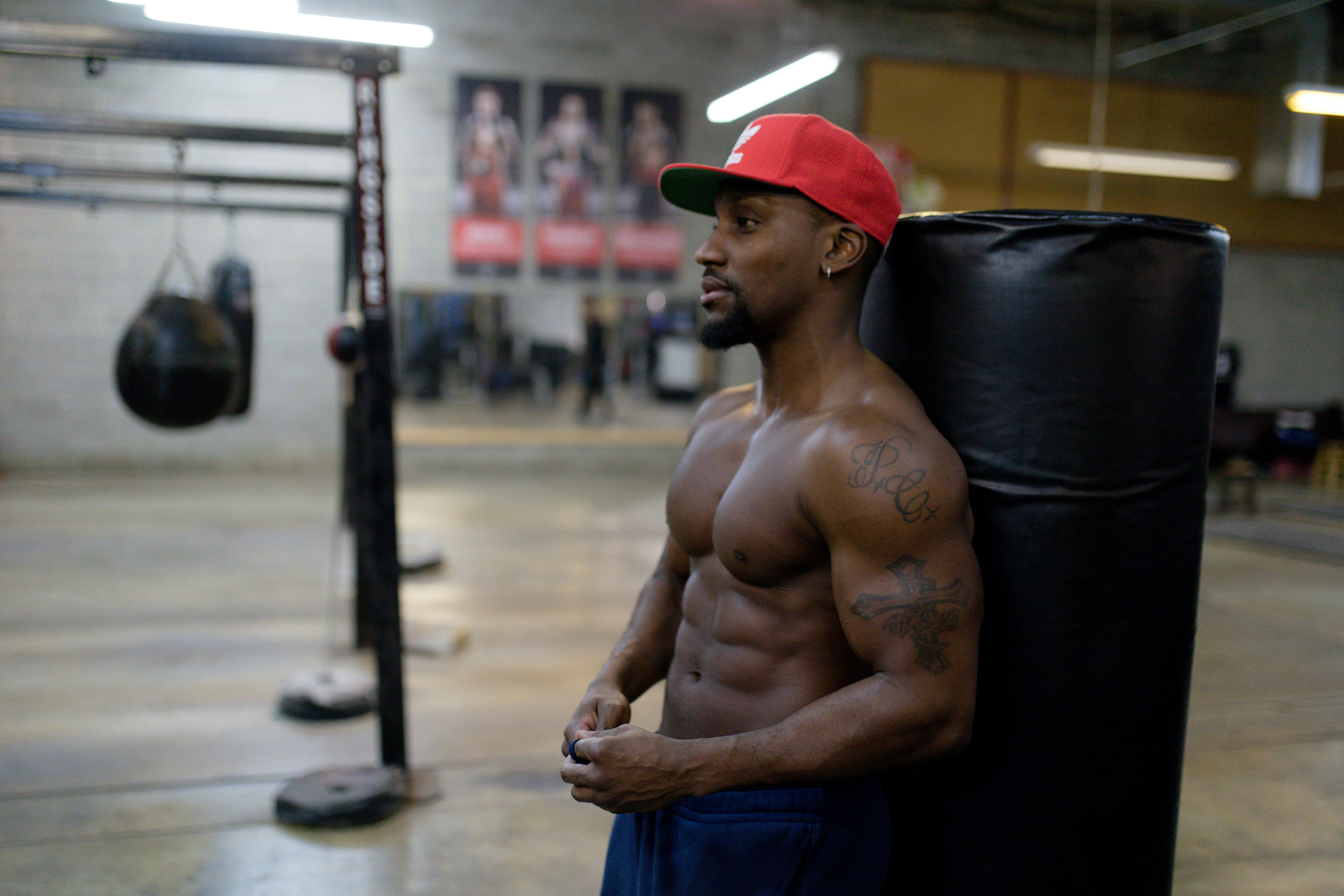Never bet on the big losers in soccer
As almost every professional gambler will tell you, backing the heavy favorites is a surefire way to get into the poor house. That’s common knowledge, right? Perhaps, but there is a problem with that kind of thinking: it is completely wrong.
The received wisdom is that line markers skew their odds in favor of the big favorites because the public loves to bet on the best teams. To be sure, bookmakers see a series of parlays involving clubs like Chelsea, Barcelona and Juventus every weekend. Surely there is value in taking the underdog in these situations, isn’t there?
In fact, numerous studies have shown that blindly endorsing long shots is a lost proposition in the long run. To see why this is the case, we have to understand how a bookmaker works. Since bookies take most of their shares in short-term favorites, it is often assumed that they are exposed to heavy liabilities if all the hot teams win. While this is sometimes the case, and many bookmakers suffer months of heavy losses, there are a number of ways a bookmaker can protect himself.
It is important to remember that most favorites are combined in parlays involving at least three teams. A bookmaker only needs one loser to take his client’s money. As a result, there is little need to lower the odds on a “public” team. Many sportsbooks will even increase the odds of a hot favorite to attract new customers, in the knowledge that the spoken players won’t hurt their bottom line.
If the odds of the favorite are an accurate reflection of their true probability of winning, the bookmaker must make adjustments elsewhere. That generally means offering the underdogs and the draw worse odds. Understanding the concept of theoretical rooting can clarify this.
When creating lines, a bookmaker will offer odds on each team that will give you a slight edge, ensuring a win no matter how the game turns out. This is called Theoretical Withholding and is expressed as a percentage. Represents the combined amount of customer bets that the bookmaker expects to keep.
It is called theoretical because, in reality, a bookmaker rarely has a balanced action on all sides. If a bookmaker takes most of his bets on a big favorite, he can offer it at a more generous price and accept a lower markup. Short-priced favorites generally have small margins, but high volumes. Higher odds mean higher margins. There is little incentive for a bookmaker to offer competitive odds to a big loser if he doesn’t expect a lot of interest in betting on that team.
For evidence of this, look no further than the betting exchanges. At Betfair, for example, the theoretical hold on a football money line is typically 1-2%, compared to around 11% at traditional bookmakers. Because the hold is so low and the percentage market is close to 100%, the exchanges represent a near perfect market. They can give us a closer indication of the true probability of an event occurring. The following table shows the odds available at various bookmakers for an upcoming match between Qatar and Argentina:
Bookmaker Qatar Draw Argentina Theoretical Hold
Betfair + 1800 + 660-500 1.72%
Nordicbet +1100 + 445-500 9.10%
Bet365 +1000 + 400-500 11.05%
Interwetten +900 + 400-667 14.5%
Admiral +850 + 365-455 12.28%
Two things stand out immediately. An exchange like Betfair has significantly better odds for Qatar and a draw, which are the least likely outcomes of this game. But the odds of Betfair in Argentina, the big favorite, are in line with the prices offered by traditional bookmakers. In fact, even though the Betfair market has very low margins, it cannot beat the odds of Argentina offered by Admiral, a bookmaker with a theoretical hold of more than 12%.
What can we learn from this? If the exchanges are a near-perfect market, they show that the big favorites are priced fairly at traditional bookmakers, but the underdog are vastly lower priced and low in value. Some research has shown that backing all short-term favorites (to -500 or higher) is a profitable long-term proposition. Now we can understand why. As a general rule, bet only on long shots in exchanges; If you like to play favorites, stick with the traditional bookmakers.
